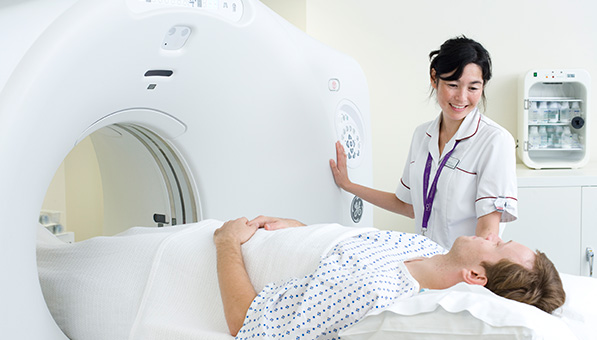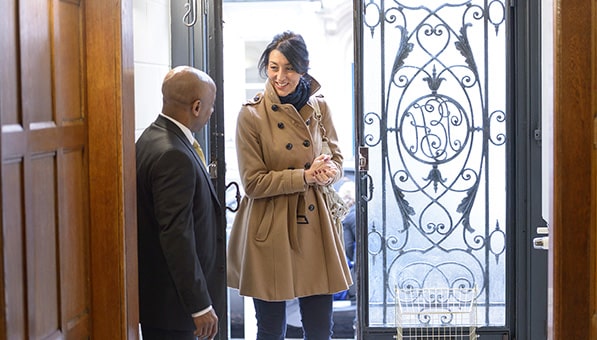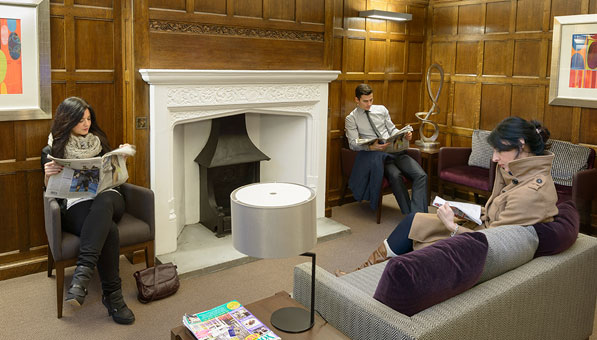Private Cyst Removal Services London
Cyst Removal In London
We can examine and assess cysts and offer cyst removal under local anaesthetic. Our team of qualified dermatologists provide our cyst removal services at our private clinic in the Harley Street medical district of London.
Pilar Cysts & Epidermoid Cysts
Epidermoid cysts are those that appear on the face, upper body and neck while pilar cysts tend to occur on the scalp.
Both pilar and epidermoid cysts (sometimes called sebaceous cysts), can be removed safely and effectively by our qualified dermatologists.
Enquire about
Private Cyst Removal Services London
Frequently Asked Questions Cyst Removal
Yes, your hair will grow back after removing a pilar cyst, although some hair roots will be lost. Your hair will usually cover any scars from your surgery. Pilar cysts (trichilemmal cysts) are harmless and slow-growing lumps usually found on your scalp. They develop from the root sheath of a hair follicle when it becomes blocked.
Yes, removing the cyst will leave a scar, and its size depends on the area of the cyst. The scarring will be minimal and will fade over time.
Neither pilar nor epidermoid cysts pose a danger to your health. However, there are some circumstances in which our dermatologists would suggest you have a cyst removed:
- If the cyst constantly catches on your comb, hairbrush or clothes. This irritation can cause the cyst to become inflamed or even infected.
- If any cyst becomes infected.
- If a cyst is interfering with your confidence. Cysts on the face may fall into this category.
Our dermatologists at The Devonshire Clinic can remove ganglion cysts under a local anaesthetic during an outpatient procedure. Book an appointment to find out more.
If the cyst is becoming larger, painful, or infected, ask your doctor for advice. And it’s a good idea to get the cyst checked, even if it isn’t painful or infected, to rule out more serious conditions such as skin cancer.
Our consultant dermatologists at The Devonshire Clinic have the expertise to remove a wide range of cysts. But it’s a good idea to get any cysts diagnosed and treated early, as it’s easier to manage them while they’re small. Left untreated, lumps, including pilar cysts and epidermoid cysts can grow bigger, increasing the risk of infection.
A cyst is a lump under the skin. It can grow on any part of your body and is full of air, fluid, or pus. Pilar cysts affect the scalp while epidermoid, or sebaceous cysts, appear on the face, upper body, and neck. Other types of cysts include ganglion cysts, which usually form on the hands, wrists and fingers, and Baker’s cysts which form on the back of the knee and are fluid-filled.
Most cysts are harmless and grow slowly but they can, in some cases, become infected. You’re more likely to have a cyst if you’re female, middle-aged, you have acne, if there’s a family history of cysts, or if you have Gardner syndrome.
Both epidermoid and pilar cysts are normally small, semi-spherical lumps that appear just under the skin. They are not painful and do not produce fluid or pus.
If the cyst becomes infected, the skin around it becomes red and the cyst may feel sore or itchy. The cyst may burst, releasing yellowish pus, which can smell unpleasant.
If this then resolves the problem and the cyst heals quickly, it may not need further treatment. However, if a cyst is infected and does not heal, or repeated infections occur, cyst removal is the best option.
Before you have this procedure, you may need antibiotics to clear up the infection first.
Our consultants can examine and assess any cysts that you have and can then remove them under local anaesthetic.
The cyst removal techniques are surgical and you will be left with a small scar. However, the skin will not be raised in the same way so will not catch.
We ensure that the cyst and the cyst lining is removed as this helps to prevent the cyst regrowing at a later date.
You’ll be given a local anaesthetic before the procedure, which numbs the whole area, so you won’t feel any pain. The local anaesthetic might sting for a while when it first goes in. Afterwards, you may need over-the-counter pain relief for a few days to manage any soreness.
It can take several weeks for a cyst to heal after treatment, and it’s essential to follow any advice from your dermatologist to prevent infection. This might include keeping the area clean, covered with a dressing or loose clothing, and staying out of the sun.
Cysts can be removed using local anaesthetic that numbs the surrounding area. During this outpatient procedure, the surgeon will also remove the cyst lining to prevent the cyst regrowing later. The surgery leaves a small scar.
Most cysts are harmless and don’t need to be removed unless they become infected and don’t heal. They may improve without any intervention. However, you may decide to have a cyst removed if it’s located somewhere that affects your quality of life. For example, a pilar cyst that catches on your hairbrush or clothes can cause discomfort and even infection. You might also decide to have a cyst removed if it’s on your face and affects your confidence.
Cysts can sometimes grow back after removal, but because we remove the entire cyst, including the lining cells, it’s unlikely your cyst will regrow.
It’s best not to attempt to treat a skin cyst at home because it can cause or spread infection and won’t guarantee that the cyst goes away.
As with any procedure, there is a small risk of infection. If the area around the wound becomes red, swollen, and warm, contact your dermatologist to get it checked. You might need to have some antibiotics to clear any infection.
Read our
Patient Stories
I can’t recommend this clinic highly enough. The treatment I received for my skin cancer was first class
AL, LondonThe team at the Devonshire Clinic were excellent. From booking my appointments to every part of my treatment, I felt that I was in the very best hands.
CH, LondonBefore visiting the clinic I had quite high expectations, but I was blown away by just how brilliant the experience was. I felt like I was the only patient in the clinic. Simply the best medical treatment.
SF, London

